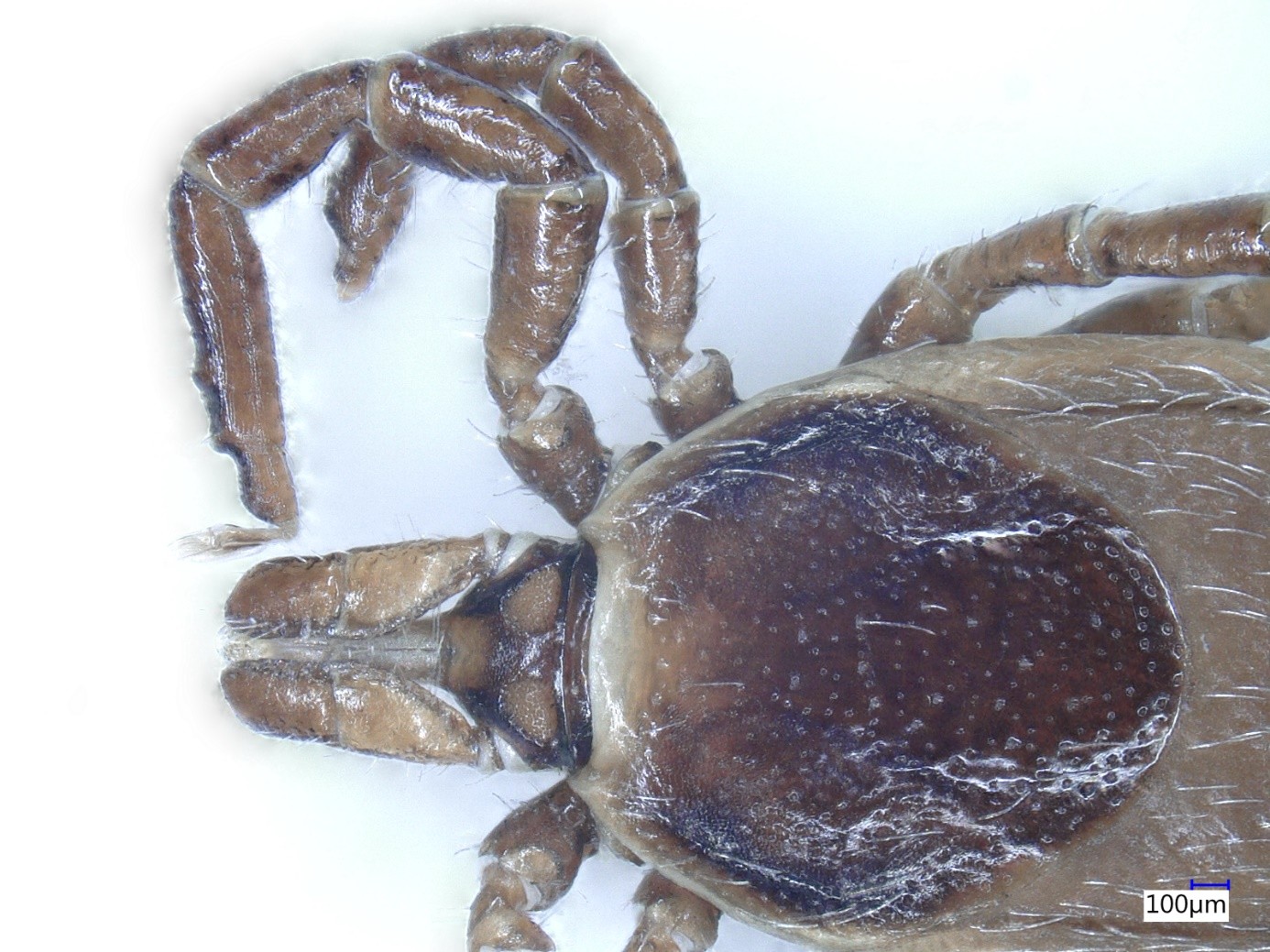Hungarian Researchers Reveal the Impact of Conscious Preventive Behaviour During a Pandemic
Genetic mutations of the coronavirus reveal distinct patterns that make it possible to quantify the effects of conscious preventive behaviour, according to a new study by researchers at the HUN-REN Alfréd Rényi Institute of Mathematics. The study, published in the prestigious journal Nature Communications, was co-authored by Gergely Ódor and Márton Karsai. The researchers examined changes in voluntary preventive behaviour motivated by awareness and concern for one’s own health or that of others.
“It’s a recurring question: when will epidemiological modelling finally be able to offer forecasts as accurate as weather reports? This question takes on particular significance because, unlike the weather, we can influence the course of a pandemic through our behaviour,” said Gergely Ódor, research fellow at the HUN-REN Alfréd Rényi Institute of Mathematics, commenting on the study. He added that during the COVID pandemic, we all had the opportunity to reflect on the actual impact of following the course of the epidemic—both at the national level and in our immediate surroundings—and consciously responding to the increased risk of infection, whether by wearing masks or keeping our distance.
The researcher explains that these questions are particularly difficult to answer because, unlike the weather, the epidemiological situation can only be measured with limited accuracy. It’s roughly as imprecise as trying to infer the weather not from temperature readings, but by asking a handful of people how cold they felt yesterday. In this challenging context, genetic data derived from the virus may offer valuable support—data that became available in unprecedented volumes during the COVID pandemic. This exceptional dataset was made possible by broad scientific collaboration, with numerous biological laboratories, both large and small, generously sharing their results in the interest of fighting the pandemic.
The authors of the study—who conducted their research at the HUN-REN Alfréd Rényi Institute of Mathematics and at Central European University as part of the National Laboratory for Health Security—developed a new method that enabled the examination of transmission patterns at the local level. This had not previously been possible due to limited data availability. Drawing on a nationally representative survey, they demonstrated that in Hungary, the willingness to adopt voluntary preventive behaviour was lowest during the largest COVID-19 wave.
“One of the key advantages of genetic data is that it describes the virus itself and its mutations. Unlike personal data, it can be accessed without strict data protection restrictions,” the researcher emphasised. “However, the challenge lies in the fact that genetic data only allow for indirect inference about the behavioural changes that may have led to the observed transmission patterns.” In their new study, the authors present a relatively simple method to address this challenge—one that required extensive simulation-based and data-driven testing for validation.
In addition to the genetic data, the results confirmed the effects of voluntary preventive behaviour in several European countries. In both the UK and Ireland, the findings showed patterns similar to those observed in the Hungarian survey data. This study, published in the internationally renowned journal Nature Communications, may also play an important role in monitoring the epidemiological effects of voluntary preventive behaviour in the event of future pandemics.

